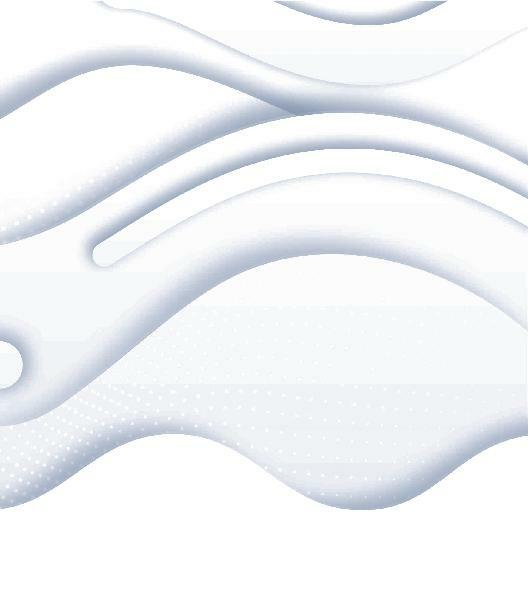
4 minute read
Inspecting South Africa’s COVID-19 field hospitals. August 2020
BETTER HEALTH PROGRAMME SOUTH AFRICA
CASE STUDIES
Advertisement
AUGUST 2020

We were really scared the night before and couldn’t sleep, but after the inspection we felt so ” happy we were able to contribute to the COVID-19 response.
Inspector from the Office for Health Standards Compliance (OHSC)
Health inspectors from the OHSC being briefed by facility manager outside Nasrec.
On July 21, 12 OHSC health inspectors began assessing the quality of South Africa’s temporary health facilities adapted for COVID-19 patients. Tablets in hand, they visited three very different establishments in Gauteng, North West and Northern Cape provinces, which provide quarantine, isolation and treatment for those infected and affected by the virus.
The health inspectors were testing a new rapid inspection tool designed with support from the Better Health Programme (BHPSA) to qualityassure temporary facilities established by provincial departments of health to cope with the surge of COVID-19 patients. The tool is adapted from existing National Infection Prevention and Control guidelines for regular health facility inspections, with an added focus on infection prevention control and personal protective equipment.
Audit tool
The tool, developed in a period of less than two weeks, is based on a simple framework and divided into components which provide the OHSC with an understanding of the management, administration and functioning of COVID-19 field hospitals. Given the relatively uncomplicated service delivery within the field hospitals (for example there are no out-patient services or emergency/trauma units), the functional areas usually applied by the OHSC were not adapted for use in COVID-19 field hospitals. A new framework was therefore developed built on the following components:
• Management and administration
• Case management
• Human resources
• Infection prevention and control
• Infrastructure
• Linen, laundry and waste
• Cleaning and catering
• Medicines and medical Consumables
• Equipment
• Occupational health and safety

Oxygen points are being installed to cater for 400 seriously ill patients. More new medical beds, July 21.

The findings of these rapid inspections will assist health establishments to assess the quality of services provided in field hospitals and further assist inspectors to develop benchmarking standards aimed at promoting the quality of care provided to users and improving the safety of personnel providing health services in these health establishments which have been rapidly set up in response to a public health crisis.
The inspectors’ first stop was the Nasrec Intermediate Care Field Centre, which is a temporary facility repurposed from Johannesburg’s giant exhibition and conference centre. It was initially designed to provide 2,000 quarantine beds, but as infections in the province surged, plans were made to adapt 600 beds - and then another 800 - to provide low acuity care. As more patients need a higher level of care, ICU beds with piped oxygen are being added. By 12 August, there will be 1500 beds including 130 medical beds with piped oxygen.
The team was welcomed by the Facility Manager, Dr Vis Naidoo, who took the them on a walkabout of the facility explaining how a small team transformed the entire facility from empty halls to a functioning field hospital. Afterwards, inspectors said that the new wards being built in the exhibition halls looked “spooky”, but once inside a functioning ward, they were astounded that it felt just like a proper hospital. On the same day, another team of inspectors moved tested the tool at an independent field hospital managed by a mining company in North West province and a former rehabilitation unit at the Northern Cape’s Kimberly hospital.
The tool performed well across the different kinds of facilities and was judged by the inspectors to be fit for purpose. The pilot did indicate that a few modifications were required, and the inspectors requested the addition of a section where they could note good ideas and the good practice that they saw in the facilities. The tool will also be adapted for use in hospitals that are cordoning off wards for COVID19 patients.
At the feedback session, where all the inspectors were brought together to share their impressions of the different facilities they had seen and the usability of the tool, they agreed that they felt a sense of privilege at being able to contribute to such an important part of South Africa’s response to the COVID-19 crisis.
After this first day of testing the tool was adjusted and has since been used for inspections in other provinces.
The UK’s Better Health Programme (BHP), is a global health system strengthening programme led by the UK Foreign & Commonwealth Office (FCO) and delivered in South Africa by Mott MacDonald.








